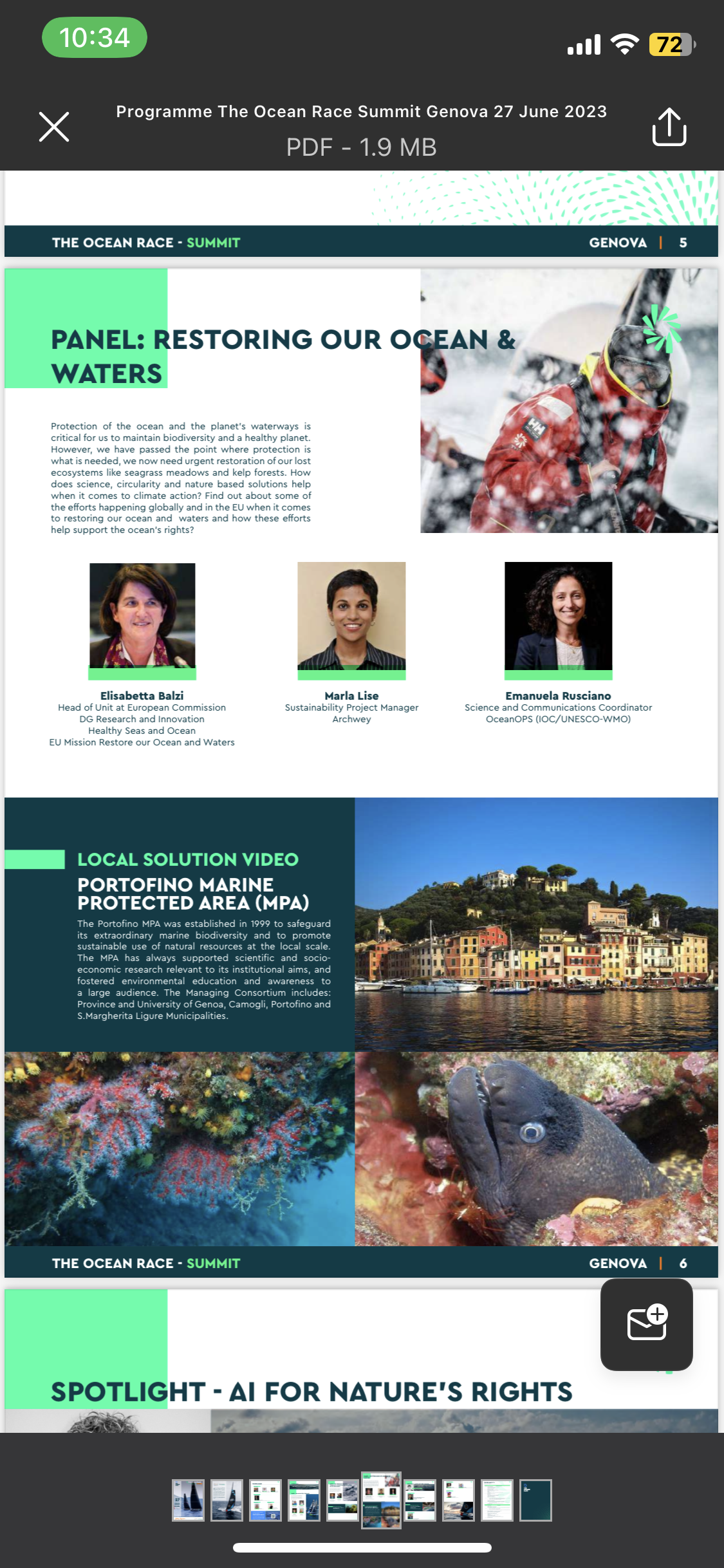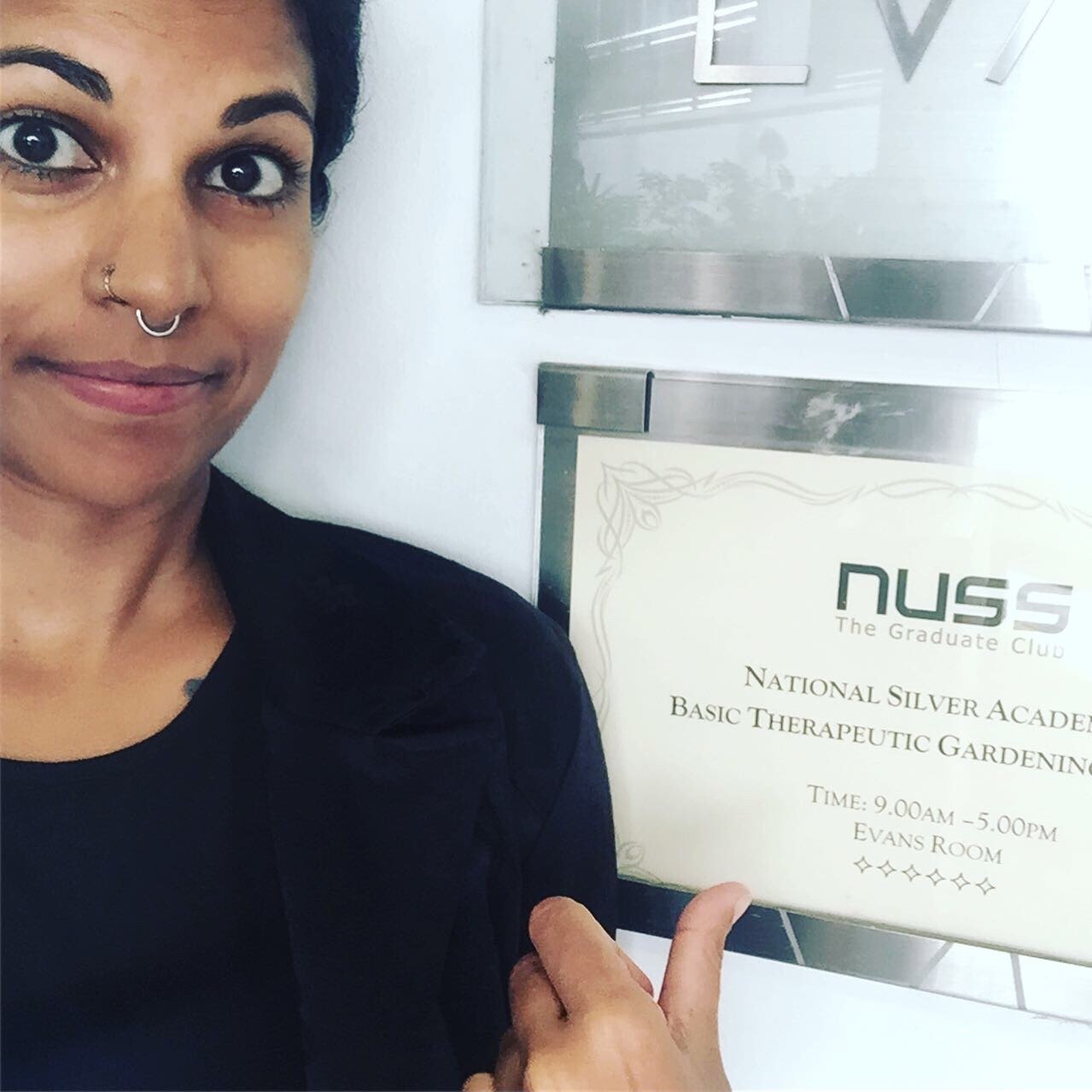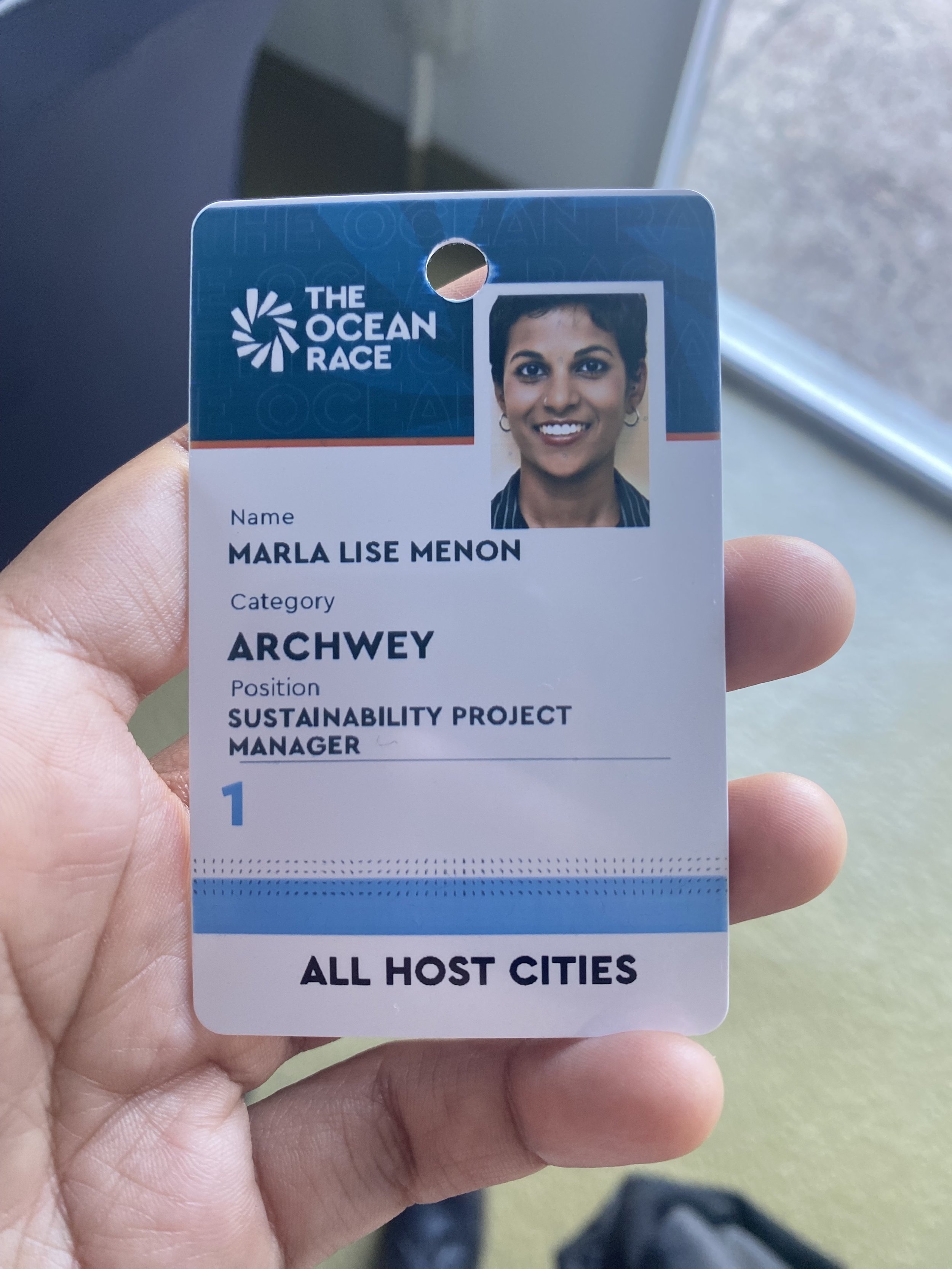Ecotourism - Changing mindsets, or chasing money?
Malapascua emerges from its slumber at around 4am to the sound of dive tanks clanging against each other. Every silver bullet is carefully filled with air. Without gills, these air-filled tanks, strapped to the backs of underwater explorers provide the weapons against suffocation on their hour-long adventures.
I was lucky to arrive here in August, a still quiet time, away from the hustle and bustle of the throes of dive-happy tourists that arrive during high season. The beach is mine, as is my dive guide. We wait for a dinghy to take us to the bigger dive boat.
Felix is a freelancer and he piggybacks off other dive shops when he has a customer for the day. Today is one of those days. He tells me to be ready by 5am, but we only end up getting ferried to the dive boat at 6am. For an hour, I watch people get ferried out from the beach I’m waiting at. Strangely enough, when I reach the dive boat, I realise these were all the people I’d seen earlier. I am on the same dive boat as them for the day. It’s taken about 5 small dinghies to bring us all here, when 2 would have been sufficient. This is when my mind starts to wonder as it is finally waking up, breaking through the membrane of sleep.
We are all here for one reason. Thresher sharks are found in many parts of the world, but here in Malapascua, on two specific shoals, these majestic plane-looking fish are found in the shallow waters almost daily. We jump off the boat, every little group going in on their own. Felix jumps in first, and then I follow. We exchange “OKs” with our fingers, the standard sign language of the voiceless dive community. That familiar euphoria of being underwater is comforting. Just the bubbles irritating my ears as they rise, my eyes only focusing on what’s in front of me, my mask acting as blinders. While I’m caught up in my silent reverie, Felix makes a deep throated noise and puts his hand, vertical, sideways, towards his forehead. “Shark!”
It’s barely been two minutes into the dive, but clear as day, there it is. Its unique tail trails effortlessly in the water, like a gymnast performing a ribbon floor routine. Pectoral fins, straight out, like aeroplane wings. Big eyes, never closing, mouth never shut. The sharks, they never stop moving. I am awestruck, absolutely mesmerised. I stop moving and hover, watching this creature make circles around the shoal, a cleaning station, where big fish come to get their teeth and bodies cleaned by smaller species like wrasse and shrimp. Totally indifferent to our presence, it just keeps circling. It is so beautiful, I don’t even stop to think that I’m an arm’s length away from an open-mouthed predator.
Soon, other bubbles disturb my trance. Felix looks at me and we move away from the other divers who have just found our little secret spot. We don’t go far before there’s a shadow in the distance coming closer. Again, I stop, and Felix waits for me. If my jaw could drop, it would be on the ocean floor, but the regulator in my mouth keeps it in place. We are now hovering on the corridor of the shoal, with not one, but three thresher sharks circling, unfazed.
Back on the boat, we take off our gear and I have the biggest, stupidest smile on my face. I look around, and the other divers all look the same. We are a boatful of grinning foreign idiots, which of course makes all the local dive guides laugh. I am sure they are used to this.
I go to the back of the boat and take off my wetsuit to warm up in the sun and hear a loud slap. I turn to see Felix pointing to the water. Then again. The threshers are breaching! Thresher sharks and many other big marine creatures throw themselves out of the water in order to dislodge parasites that may be stuck to them. Over the course of the day, I saw four breaches, and five sharks underwater. It was truly incredible.
On the way back to shore, my mind continued on its earlier loop. How sustainable is this business? Seeing the dive guides wash their lunch plates with actual detergent and sea water, and flick their cigarette butts into the water didn’t help. The boat spurned black diesel fumes, and of course, there were islets of rubbish floating in the waters closer to land.
After the dive, I decided to go for a walk. Being me, I walked along the ‘wrong’ side of the island, away from the people, resorts and dive shops. It didn’t take long before I found the boat building beach. A whole strip of coast dotted with boats in various states of disrepair, and of course, the sand littered with all sorts of types of plastic fragments. How many people who visit the island will ever come here and see this? How much money that goes into visiting the sharks goes into making sure the beaches are cleaned? Where is the education that should come hand in hand with the diversification in industry and revenue generation for the locals?
Sharks have been killed all over the world for their fins. They are also constantly caught as bycatch, stuck in fishermen’s nets to suffocate. This plight also applies to mantas, whalesharks, and other marine species. Ecotourism provided a sustainable solution to these painful deaths - the prices tourists pay to see the animals alive is so much more than can be made from selling animal parts.
But, then there lies the question my mind has been toying with all day - are we keeping the animals alive through stopping the illegal trade in animal parts only to kill them slowly through suffocation by plastic, diesel and noise pollution?
Malapascua is not the first destination that brought this question up in my mind. There are many places all over the world that are saturated with tourists, unnecessary souvenirs, mountains of waste, single-use everything, all in the name of ‘ecotourism’. How then do we package this new fad in seeing the world? Should every tourist be subject to an hour-long workshop the minute they arrive in a foreign land? Should dive operators, resort owners and travel agents provide education for the locals? Should NGO staff be posted as sentinels to every single tourist attraction? Making sure people behave themselves?
Ecotourism needs to change in order for it to live up to its name. The feeding of whalesharks in Oslob, petting of tigers in Thailand and baiting of great whites in South Africa, is not ecotourism. We need to start changing mindsets first. The objective of ecotourism is to save these creatures, not to monetize them. People who visit such places should act like they’re walking on the eggshells that these fragile ecosystems are. Leaving only bubbles, nothing else.
Consumers have all the power to make the change to good eco-habits. If operators know that tourists will only come to services that are sustainable, companies who take care of their surroundings, restaurants who don’t use single-use, then they too will have to up their games. Your choice could make the difference to the areas you visit.


















